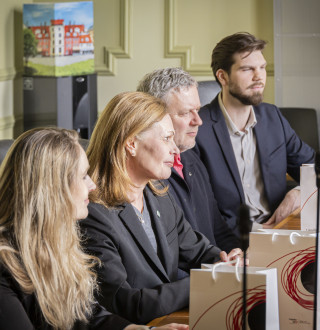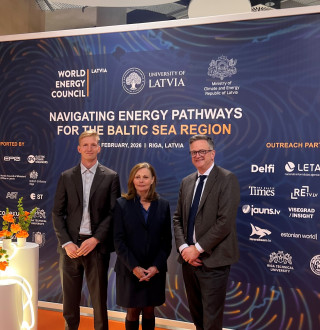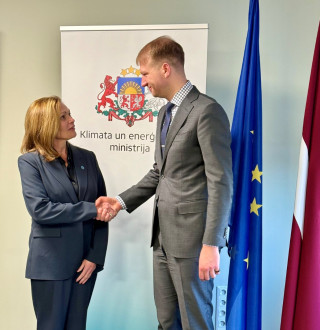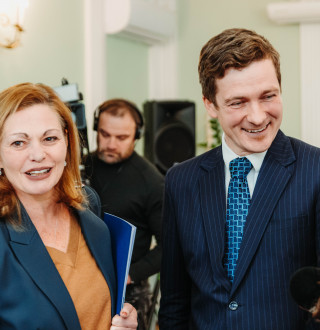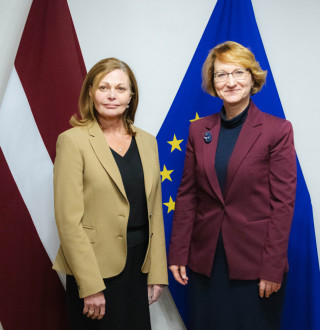What are the best strategies for developing underpopulated rural areas?
What does a sustainable city of the future look like?
What is the best application of the available rural funding?
How are the key national milestones of Latvia compatible with the goals on sustainable future?
What actions are already in motion for securing environmental resilience of the Baltics in the face of the climate change?
Are the affordable housing support mechanisms in Latvia effective?
What are the prospects and challenges in terms of renewable energy in Latvia?
These were just a few of the matters of national importance discussed during the Nordregio – a leading Nordic research institution within the broad research fields of regional development, policy and planning – visit in Riga between August 31 and September 1.
The Nordic Council of Ministers’ Office in Latvia, acting as a crucial link between Nordic and Latvian institutions, organised the meeting gathering local experts from the Ministry of Environmental Protection and Regional Development, the Ministry of Climate and Energy, the Ministry of Economics, the State Environmental Service, the Riga City Council Housing Department and the Riga Energy Agency.
The list of benefits for Latvia from close cooperation with Nordregio is long. From a public administration standpoint, it offers access to proven regional development strategies, valuable experience, and knowledge. This enables Latvian officials to make well-informed and forward-looking policy decisions. Nordregio has previously been involved in several projects in Latvia and the Baltic, for instance, in bioeconomy and urban agriculture.
The geographic and demographic similarities between Latvia and Nordic regions, particularly in sparsely populated rural areas and various social aspects, make the Nordic model an invaluable point of reference for Latvia. It ensures that the solutions and knowledge exchanged are tailor-made for the Latvian context, thus contributing significantly to the country’s development objectives.
